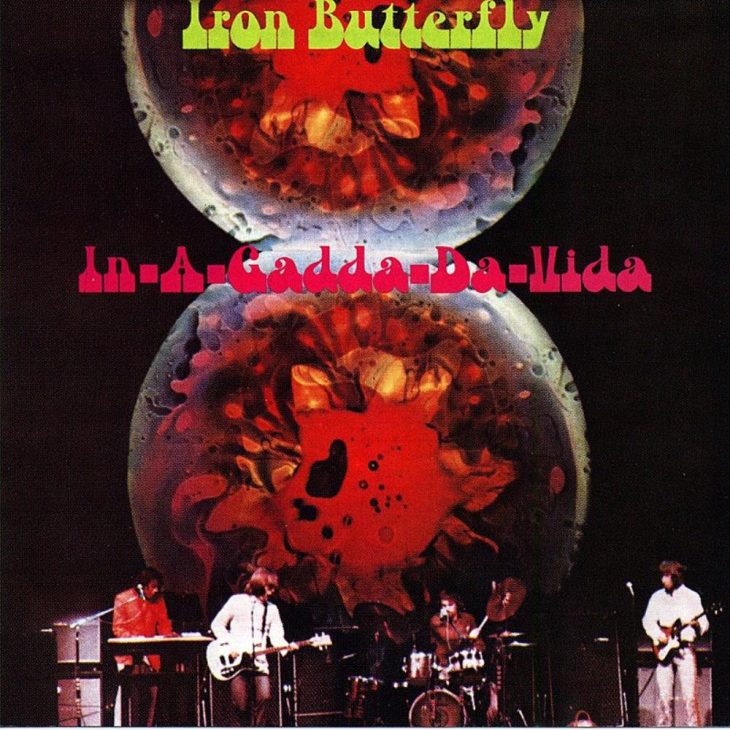
Word of the Day: Euphony
Today’s word of the day, sort of courtesy of Words Coach (https://www.wordscoach.com/dictionary), is euphony. Euphony is a noun, pronounced / ˈyu fə ni /, means “agreeableness of sound; pleasing effect to the ear, especially a pleasant sounding or harmonious combination or succession of word” (https://www.dictionary.com/browse/euphony). Samuel Johnson, in his 1755 dictionary, said, “An agreeable sound; the contrary to harshness” (https://johnsonsdictionaryonline.com/views/search.php?term=mountebankhttps://johnsonsdictionaryonline.com/views/search.php?term=mountebank).
Merriam-Webster says, “Euphony was borrowed from French at the beginning of the 17th century; the French word (euphonie) derives from the Late Latin euphonia, which in turn traces back to the Greek adjective euphōnos, meaning ‘sweet-voiced’ or ‘musical.’ Euphōnos was formed by combining the prefix eu- (“good”) and phōnē (‘voice’). In addition to its more commonly recognized senses, euphony also has a more specific meaning in the field of linguistics, where it can refer to the preference for words that are easy to pronounce. This preference may be the cause of an observed trend of people altering the pronunciation of certain words—apparently in favor of sound combinations that are more fluid and simpler to say out loud” (https://www.merriam-webster.com/dictionary/euphony).
Etymonline.com says, in slight contrast to what M-W says, that the word appears in English first in the “mid-15c., from French euphonie, from Late Latin euphonia, from Greek euphonia ‘sweetness of voice,’ related to euphonos ‘well-sounding,’ from eu- ‘good’ (see eu-) + phone ‘sound, voice’ (from PIE root *bha- (2) ‘to speak, tell, say’)” (https://www.etymonline.com/search?q=euphonious).
On this date in 1968, the American rock band Iron Butterfly released their second of six studio albums, In-A-Gadda-Da-Vida, featuring their biggest hit with the same title.
The band came out of San Diego, CA, and was formed in 1966. The original band consisted of Doug Ingle on organ and vocals, Jack Pinney on drums, Danny Weis on guitar, and Greg Willis on bass. They later added Daryl DeLoach on tambourine and vocals. Later in 1966, the band relocated to LA and the replaced Willis with Jerry Penrod. Pinney then left the band and was replaced by Bruce Morse, and then he was replaced by Ron Bushy (https://en.wikipedia.org/wiki/Iron_Butterfly).
In ’68, they were signed by Atco Records and released their first album, Heavy. After the release of the album, some of the members of the band left for a variety of reasons, but Bushy and Ingle hired some new musicians to keep the band touring (ibid.).
Then the group came out with In-A-Gadda-Da-Vida and made a name for themselves. One side of the album featured what might be called psychedelic rock, with tracks entitled “Most Anything You Want,” “Flowers and Beads,” “My Mirage,” “Termination,” and “Are You Happy?” The other side was the 17 minute and five second album version of “In-A-Gadda-Da-Vida.” For radio, the song was cut down to just under three minutes (https://en.wikipedia.org/wiki/In-A-Gadda-Da-Vida_(album)).
It might be accurate to call Iron Butterfly a one-hit wonder as “In-A-Gadda-Da-Vida” was the only cut that made it into the top 40, and it only made it to #30. The album made it to #4, and it eventually sold 30 million copies. “In 2009, it was named the 24th-greatest hard rock song of all time by VH1. It is also often regarded as an influence on heavy metal music and one of the firsts of the genre” (https://en.wikipedia.org/wiki/In-A-Gadda-Da-Vida).
Ingle wrote the song in the early days of the band’s existence. “According to drummer Ron Bushy, organist-vocalist Doug Ingle wrote the song one evening while drinking an entire gallon of Red Mountain wine. When the inebriated Ingle then played the song for Bushy, who wrote down the lyrics for him, he was slurring his words so badly that what was supposed to be ‘in the Garden of Eden’ was interpreted by Bushy as ‘In-A-Gadda-Da-Vida’” (ibid.).
Here are the lyrics:
In-a-gadda-da-vida, honey
Don’t you know that I’m loving you?
In-a-gadda-da-vida, baby
Don’t you know that I’ll always be true?
Oh, won’t you come with me
And a-take my hand?
Oh, won’t you come with me
And a-walk this land?
Please take my hand
Let me tell you now
In-a-gadda-da-vida, honey
Don’t you know that I’m loving you?
In-a-gadda-da-vida, baby
Don’t you know that I’ll always be true?
Oh, won’t you come with me
And a-take my hand?
Oh, won’t you come with me
And a-walk this land?
Please take my hand
Guitar, huh!
Come on, run, man, come on, ha!
Two, three, four, huh!
In-a-gadda-da-vida, honey
Don’t you know that I’m loving you?
In-a-gadda-da-vida, baby
Don’t you know that I’ll always be true?
Oh, won’t you come with me
And a-take my hand?
Oh, won’t you come with me
And a-walk this land?
Please take my hand
Huh, huh
All right, uh, hey, ha! (https://genius.com/Iron-butterfly-in-a-gadda-da-vida-lyrics).
And you can listen to the album version here: https://www.youtube.com/watch?v=UIVe-rZBcm4.
If you listen to it, you may not be impressed with its euphony. So what’s the connection? I have children. When the oldest was a baby, she would sometimes cry when we went places in the car. I would sing to her, different songs, like lullabies or hymns or old folk songs, and she would calm down and eventually fall asleep. (I am not claiming euphony for my voice). When my second daughter was a baby, she, too, would sometimes cry when we drove somewhere. But when I sang lullabies or hymns or old folk songs to her, she kept crying. The only thing that would get her to settle down was when I would sing (yell), “In-a-gadda-da-vida, baby….”
De gustibus non disputandum est.
Today’s image is the album cover (https://www.progarchives.com/album.asp?id=11299).